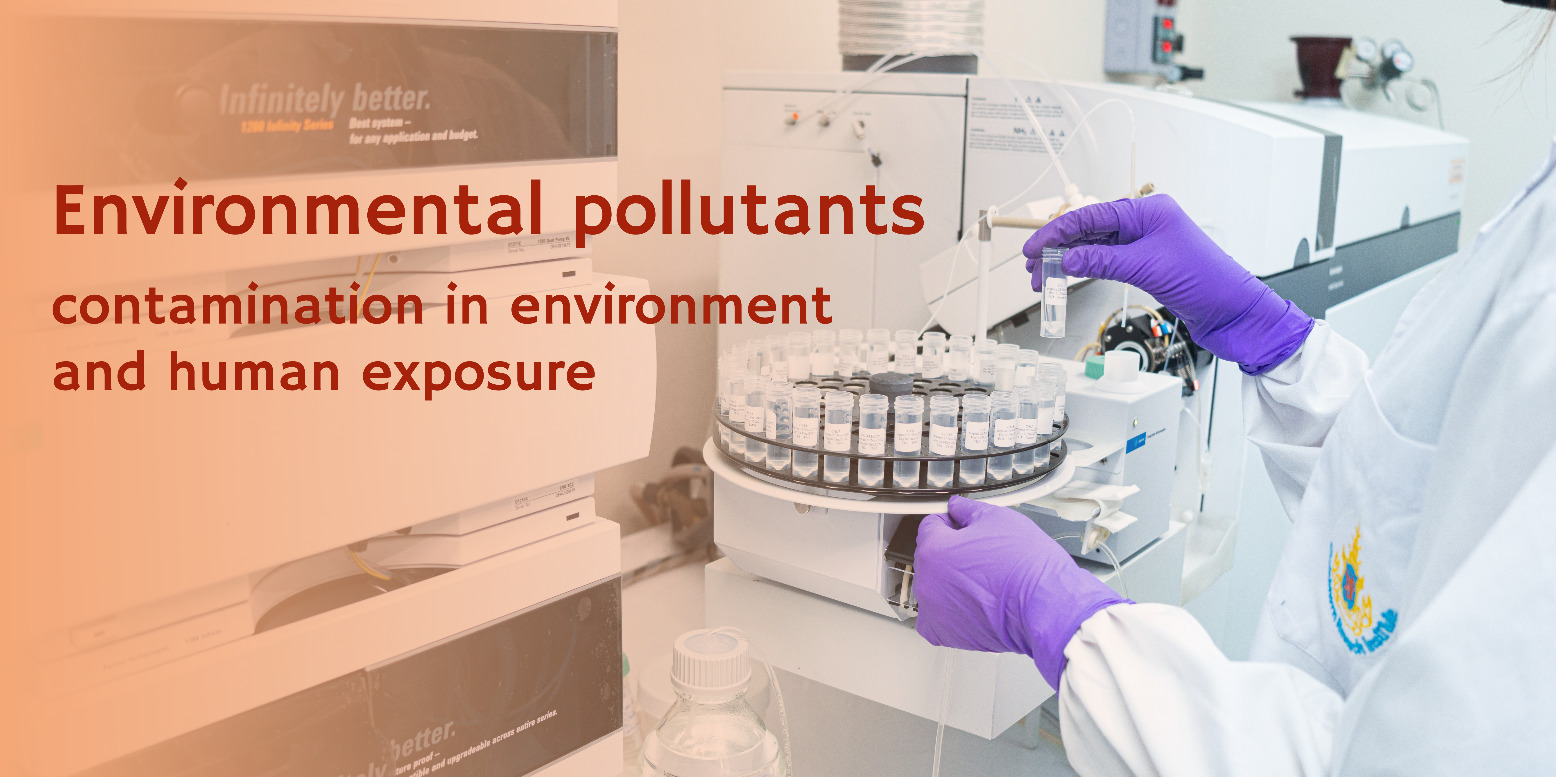Laboratory of Pharmacology

Toxic pollutants such as heavy metals, pesticides, and antibiotics are extensively used and released to the environment. These toxic metals and chemicals could be accumulated in soils and water resources and then enter the food chain. Animals and humans who consume these contaminated foods will be at risk from the toxicity of these toxic chemicals. At present, different types of foods such as rice, vegetables, fruits, drinking water, meats, seaweed products, seafood, and soybean milk from the different markets in the country are collected to determine the concentrations of metals, pesticides, and antibiotics by using sophisticated instruments with validated analytical techniques. Total arsenic–contaminated rice has been monitored by our laboratory for more than ten years to assure its safety. We had successfully developed a method for determination of As speciation in rice using HPLC–ICP–MS. The information from our study should raise concern among consumers and related regulatory agencies to minimize the intake of some foods and drinking water contaminated with toxic metals, pesticides, and antibiotics.
It is notable that pesticides and metals represent a major public health problem worldwide. Our laboratory is therefore conducted research studies to determine the potential effects of toxic metals and pesticides at the concentrations that can be found in the environment and foods on the alterations of health effects such as inflammatory response and immune functions. Moreover, the DNA damage and mutagenicity of toxic metals related with the oxidative stress are also investigated.
Laboratory of pharmacology also have some epidemiological study on the determination of biomarker of exposure to toxic substances such as perfluorinated alkyl substances. Area specific population–based study on the biomarker of exposure to perfluorinated alkyl substances and their possible early biological effects has been carried out in the community closed to the Thailand petrochemical–associated industrial estate. The extraction and identification methods were developed to determine the contents of different perfluorinated alkyl substances e.g. PFOS, PFOA, PFNA, PFDA, and PFHxS in food samples and human blood samples. The data will be useful for health risk assessment of PFASs exposure. The concentrations in human blood will serve as a baseline PFASs’ concentrations in Thai population.
Recently, antimicrobial resistance (AMR) is a major global public health problem. In collaboration with Laboratory of Biotechnology, Chulabhorn Research Institute, we have expanded our research activity to national and international collaboration to study the impacts of environmental pollutants including anti–biotic drugs, metals, and pesticides, on antimicrobial drug resistance.






